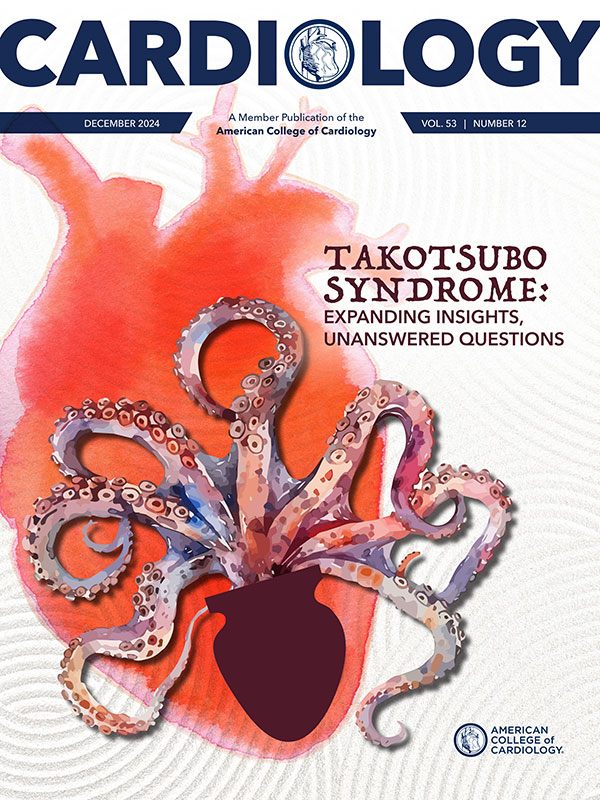Heart of Health Policy | History, Modern Impacts and Future of Physician Noncompete Agreements

When a graduating cardiology fellow begins their job search, there is ample reason for excitement and optimism. They are finally finishing a minimum of 14 years of intensive training, and they are on the hunt for their dream job.
They are prepared to practice a branch of medicine that has never been more complex or effective. But there are also serious causes for concern. The job contracts they are being offered are fraught with easily overlooked critical details in the fine print.
Chief among these hazards for fellows looking for their first "real job" is the issue of noncompete agreements (NCAs), also called restrictive covenants.
The History of NCAs in the U.S.
NCAs originated from English common law. Initially, courts considered them to be restraints of trade and were generally unenforceable. In the 18th, 19th and early 20th centuries, the medical profession was less formalized, competition between doctors was minimal, and physician practices were primarily solo or small partnerships. Thus NCAs played a negligible role in the U.S. during that time.
Despite early and sustained opposition from the American Medical Association, NCAs in the medical field became more prevalent in the early to mid-20th century as physicians became more likely to work in group practices or as employees of hospitals rather than solo practitioners.
At that time, the percentage of people in the U.S. without insurance was falling while the complexity of therapeutic and diagnostic care was increasing due to health care innovations. The health care landscape was also shifting with the rise of managed care (HMOs, PPOs, Medicare, Medicaid) and the consolidation of hospitals.
The original idea behind NCAs was to prevent doctors from leaving an employer and practicing competitively nearby, potentially taking patients with them. Since then, they have become more prevalent as health systems have sought to protect investments in physician recruitment, talent-based capabilities and geographic dominance.
The legality of NCAs has been challenged in court with varying outcomes. In the 20th century, courts generally favored the employer's right to protect legitimate business interests but required that NCAs be narrowly tailored, examining factors like agreement duration, geographic breadth, and the nature of the restrictions to prevent undue limitation to patients' access to health care.
Recently, several states (California, Minnesota, North Dakota and Oklahoma) have introduced legislation prohibiting NCAs in most employment contracts, including those for physicians, and a few other states have legislation limiting NCAs.
The federal government has also taken an interest in NCAs, with the Federal Trade Commission issuing a proposed rule in 2023 that would ban NCAs for most workers, including physicians, if adopted.
Physicians Today and the Path Forward

The debate over NCAs continues as the medical community, hospitals and policymakers weigh the implications of a ban. Although the rights of employers and access to care issues for patients are essential components of this discussion, the effects that NCAs have on the career trajectories and overall job satisfaction of physicians should not be overlooked.
For physicians, especially those in highly specialized fields like cardiology, NCAs can significantly limit job mobility, locking physicians into a hospital system or geographical area, locking them out of their preferred location or employer, or forcing them to leave the communities they serve if they wish to pursue new opportunities.
This is particularly challenging in the current health care landscape, where large hospital systems are expanding their reach and acquiring smaller practices. For many physicians, the prospect of uprooting their lives to find employment outside of their noncompete region is daunting and leads to a significant decrease in both personal autonomy and professional satisfaction.
There is growing concern that fewer undergraduates will pursue medical degrees when they see the restriction of physician autonomy caused by NCAs in addition to other factors such as decreasing reimbursement, the emotional toll of patient care and administrative burden.
Although some courts have found NCAs unenforceable when they unreasonably restricted a physician's ability to practice or patient access to care, the threat of needing to pursue legal action to challenge an NCA is enough of a deterrent for most physicians to not accept an otherwise desirable contract or to not leave an undesirable job.
Conclusion
Noncompete contracts for doctors in the U.S. have evolved from a rarely used contractual term to a common feature of physician employment agreements. Their history reflects changes in health care delivery, the organization of medical practices and shifts in public policy.
While NCAs may help to maintain the stability of health care organizations, the resulting restrictions on physician autonomy ultimately hinder the ability of those physicians to provide quality care and place undue stress on those who have dedicated their lives to healing others.
The role of legislation to reduce the impact of NCAs on patient care and physician autonomy remains a topic of ongoing debate, but there is potential for significant changes in the near future.

This article was authored by Adam Kisling, MD, chair of ACC's Fellows in Training Member Section.
Keywords: Cardiology Magazine, ACC Publications, American Medical Association, Managed Care Programs, Health Services Accessibility, Health Policy
